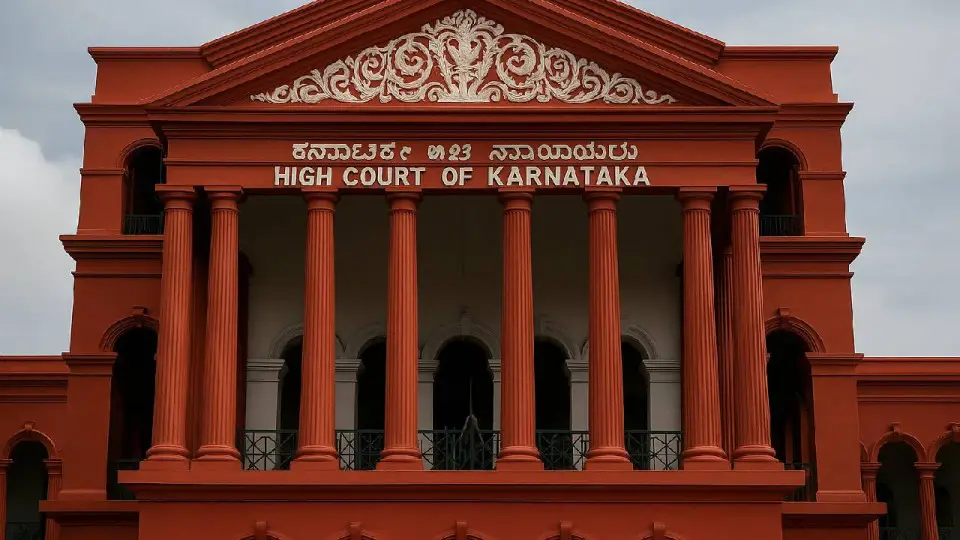
The Karnataka High Court’s (Credit Ai)
National News: The Karnataka High Court has given a big decision against X Corp, formerly Twitter, by rejecting its petition against takedown orders. The court said that the government has the power under India’s IT Act to ask social media platforms to remove unlawful or harmful content. This decision makes it clear that companies like X must follow Indian law if they want to work in the country. The court also warned that refusing to obey orders is unacceptable and weakens the legal system. Justice M Nagaprasanna made it clear that rules apply equally to all digital platforms, big or small.
The High Court stressed that regulating social media is not just a legal requirement but also a matter of public safety. The judge said such regulation is necessary, especially when it comes to cases involving crimes against women. Without proper control, the dignity and rights of people can be put at risk. The court reminded that the Constitution guarantees dignity, and social media platforms cannot be allowed to ignore that. This ruling has sent a strong message about the importance of protecting citizens from online harm.
The court also criticized X Corp for following takedown rules in the United States but refusing to do the same in India. Justice Nagaprasanna noted that in the US, the company follows such orders because violations bring criminal penalties. But in India, the same company refuses to comply with lawful instructions. The judge said this double standard cannot be accepted. The message is clear: global companies must respect Indian law just as they respect the laws of other countries.
With this ruling, the government’s authority under Section 79(3)(b) of the Information Technology Act has been strongly reinforced. This section allows the government to direct social media companies to block or remove unlawful content. The judgment makes it harder for companies to argue against such orders in the future. It also means the government now has more confidence in ensuring its takedown orders are respected. Experts believe this ruling will set a precedent for other similar cases in the future.
The ruling has reignited the debate over free speech versus regulation in India. Some argue that strict government control could limit the right to free expression. Others believe that without regulation, social media can be misused to spread hate, crime, and misinformation. The court’s decision seems to favor safety and law enforcement over unlimited freedom online. For ordinary users, this could mean cleaner platforms but also less room for unrestricted opinions.
This ruling is expected to affect other tech companies operating in India as well. Firms like Meta, Google, and YouTube could face stronger enforcement of takedown requests. The message from the High Court is clear: if you want to run a platform in India, you must follow Indian rules. Legal experts say companies may now invest more in compliance and moderation to avoid clashes with the government. This could also reshape how global firms view India’s fast-growing digital market.
The Karnataka High Court’s ruling highlights the growing importance of digital governance in India. The balance between free expression and regulation will continue to be debated. But for now, the government’s authority has been strongly supported by the judiciary. Citizens may see quicker action against harmful or unlawful content, while companies may need to change how they operate. This case could mark the beginning of a more tightly regulated era for social media in India.

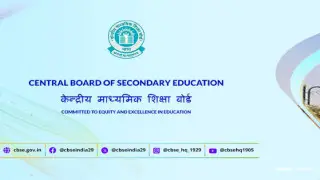
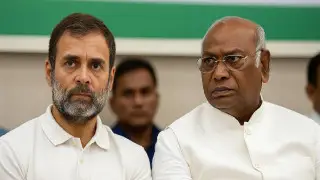
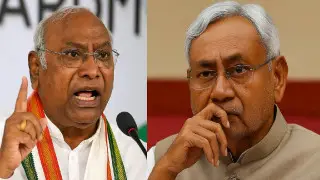
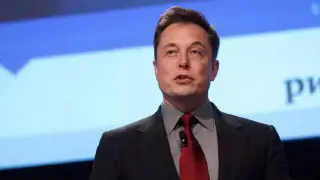








Copyright © 2025 Top Indian News
